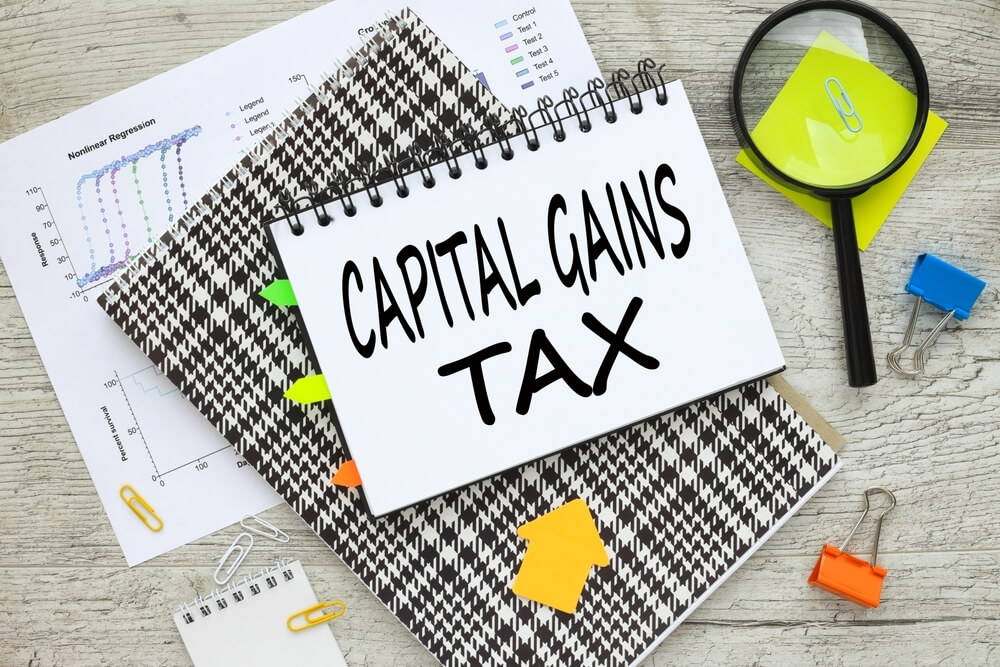As a savvy investor in Texas, understanding the intricacies of capital gains tax is crucial to maximizing your returns and minimizing your tax liability. While Texas does not impose a state capital gains tax, federal capital gains tax still applies to investments, including real estate, stocks, and other assets. In this post, we’ll delve into the strategies that can help you navigate the complex world of capital gains tax and optimize your investment portfolio.
Understanding Capital Gains Tax in Texas
Before diving into strategies, it’s essential to understand the basics of capital gains tax in Texas. As one of the eight states with no personal income tax or capital gains tax, Texas investors focus primarily on federal taxes. The profit from selling an investment asset, such as real estate or stocks, is considered income and subject to federal capital gains tax if your income exceeds the minimum threshold set by the IRS. This threshold varies based on filing status, with married couples filing jointly having a higher threshold compared to single filers.
Strategies to Minimize Capital Gains Tax
1. Tax-Deferred Exchanges (1031 Exchanges)
For real estate investors, tax-deferred exchanges, also known as 1031 exchanges, allow you to exchange one property for another of “like-kind,” deferring any capital gains tax until the exchanged property is eventually sold. This strategy can be particularly useful for investors looking to upgrade or diversify their real estate portfolio.
2. Opportunity Zones
Investing in designated “opportunity zones” can allow for the deferral of capital gains taxes on commercial real estate investments until December 31st, 2026, provided that your money is reinvested into an Opportunity Fund. This initiative, created by the Tax Cuts and Jobs Act, aims to stimulate economic growth in low-income and distressed communities.
3. Holding onto Your Property for Longer Periods
As mentioned earlier, long-term capital gains tax rates are lower than short-term rates. By holding onto your property for at least one year before selling, you may be able to reduce your tax liability. This strategy is particularly effective for investors with a long-term investment horizon.
4. Primary Residence Exemption
If you have lived in your home for at least two out of the five years before selling, you may be eligible for a primary residence exemption on up to $250,000 (or $500,000 if filing jointly) of capital gains. This means that any profits made from the sale of your primary residence will not be taxed as long as they are within the exemption limits.
5. Charitable Donations
By donating your property to a charity, you may be able to eliminate capital gains tax on the sale of that property. However, this strategy requires careful planning and coordination with a financial advisor or CPA.
6. Tax-Advantaged Retirement Plans
Holding onto an asset for longer than a year could substantially reduce your tax liability due to favorable long-term capital gains rates. Leveraging retirement accounts like a 401(k), traditional IRA, solo (401K), or SEP IRA can delay paying capital gains taxes while maximizing growth. These accounts allow your investments to grow tax-deferred, and in most instances, you won’t incur capital gains taxes for buying or selling assets as long as you don’t withdraw funds before retirement age.
7. Monitor Your Holding Periods
When selling stocks or other assets in your taxable investment accounts, remember to consider potential tax liabilities. Holding securities for a minimum of a year ensures any profits are treated as long-term gains, which are taxed at a lower rate than short-term gains.
8. Keep Records of Your Losses
One strategy to offset your capital gains liability is to sell any underperforming securities, thereby incurring a capital loss. If you don’t have any capital gains, realized capital losses could reduce your taxable income by up to $3,000 a year. Additionally, when capital losses exceed that threshold, you can carry the excess amount into the next tax season and beyond.
9. Stay Invested and Know When to Sell
Your income tax rate is a dominant factor when considering capital gains. By waiting to sell profitable investments until you stop working, you could significantly decrease your tax liability, especially if your income is low. In some cases, you might owe no taxes at all.
10. Speak with a Tax Professional
Federal and state tax laws are complex and subject to change. Consulting with a tax professional can help you stay up-to-date on the latest regulations and ensure you’re taking advantage of all available strategies to minimize your capital gains tax liability

